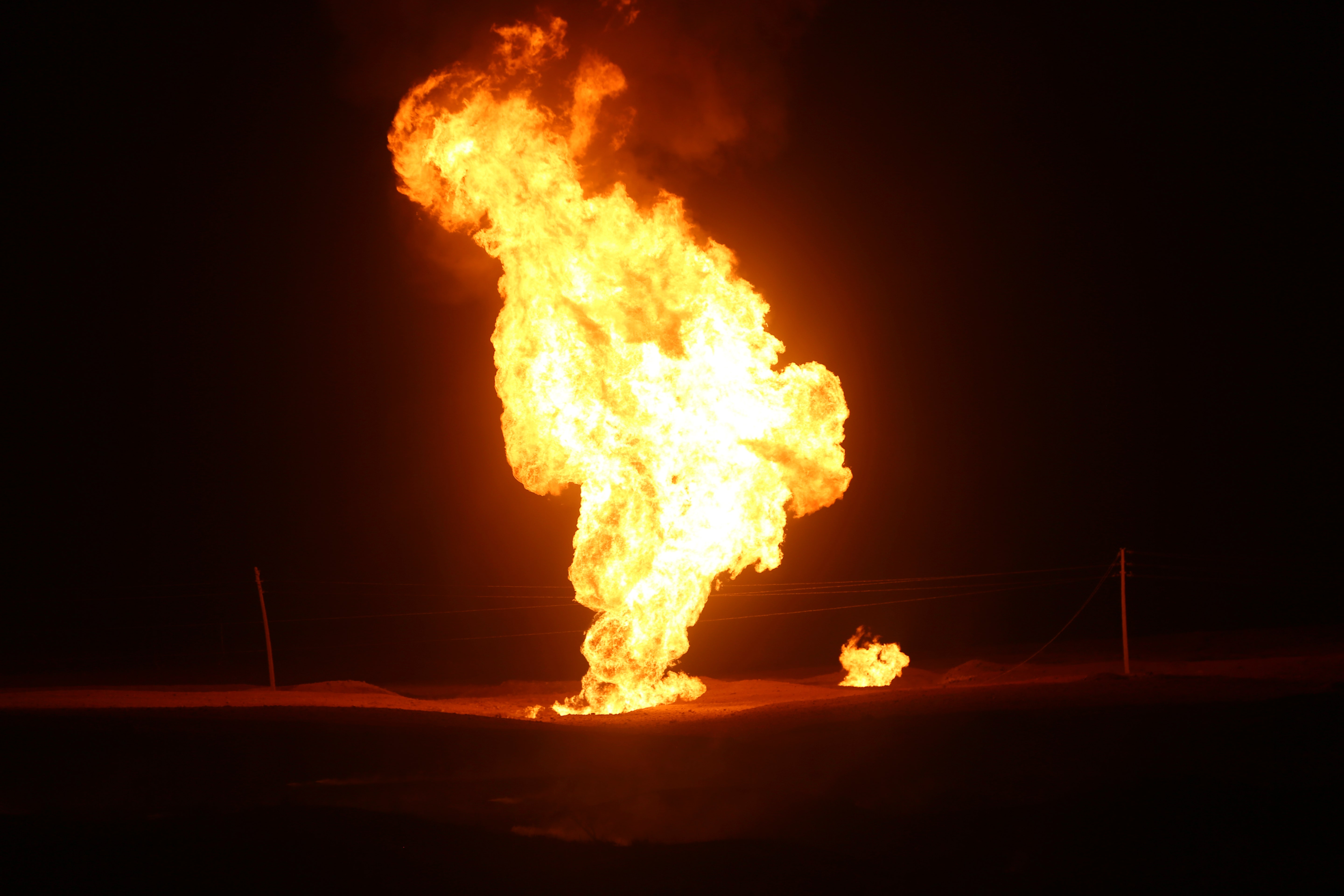Trump’s outburst alarmed NATO allies
Donald Trump said over the weekend that, while president, he told NATO allies that he would “encourage” Russia to do “whatever the hell they want” to countries that had not paid the money he claimed they owed to the military alliance.
Trump’s statement, made at a campaign rally in South Carolina, seemed to cast NATO as more of a protection racket than an alliance. It stunned many in Europe, where nations have been developing military capabilities in case U.S. support proves unreliable.
Trump has long called for the U.S. to leave NATO and questioned American support for foreign allies. National security veterans of both parties said that such thinking misunderstands the value of the alliances for the U.S.
Never before has an American president — even a former one aspiring to reclaim the White House — suggested that he would incite an enemy to attack American allies. If Trump’s statement is to be believed, his potential re-election this year may fundamentally alter the world order.
Possible consequences: Abandoning NATO allies could effectively end the security umbrella that has long guarded friends in Europe, Asia, Latin America and the Middle East; it could also negate the value of mutual security agreements with countries like Japan, the Philippines, Thailand, Argentina, Australia and Panama.
A shocking election upset in Pakistan
The party of former Prime Minister Imran Khan stunned Pakistan by snagging more seats in Parliament than any other, despite a concentrated effort by the country’s military to quash support for Khan.
Khan’s success was the first time in Pakistan’s recent history that the political strategy used by the country’s powerful military for decades to keep its grip on power had suddenly faltered.
Khan’s populist party prevailed at the ballot box by relying on social media to evade state censorship and drive turnout while tapping into the dissatisfaction of Pakistan’s internet-savvy youth. Khan’s party won even after the authorities arrested hundreds of his supporters and imprisoned him in the days leading up to the election. The crackdown seemed to galvanize public support for him.
What’s next: Allegations of military tampering loomed after the election, and Pakistan was on edge as thousands of Khan’s supporters took to the streets to protest, only to be met with tear gas and police batons.
It might seem like the most lopsided trade in history: Pulau Rhun, a tiny island in what is now Indonesia, for Manhattan.
But in the 17th century, the Netherlands believed it got the better part of the bargain when it traded islands with the British because Rhun was covered in nutmeg, a spice worth its weight in gold at the time. There is little trace of that wealth on the island now.
The trappings of monarchy, in miniature
Visitors to Windsor Castle outside London can marvel at the ornaments of royal life, among them a one-inch-tall bejeweled crown.
The little crown, and other artifacts like a tiny grand piano with working keys, were included in an intricate dollhouse made by Edwin Lutyens, a leading British architect, for Queen Mary in 1924.
Cook: This spicy, smoky chili is perfect after a long day skiing — or hibernating.
Watch: “The Taste of Things,” a New York Times critic’s pick, is a magnificent culinary romance set in 19th-century France.
Read: The popular African comic “Aya” is full of everyday heroes.
Recall: Just one night of sleep deprivation can impair your short-term memory.






